Coincidence or not, the sky keeps lining up with the chaos.
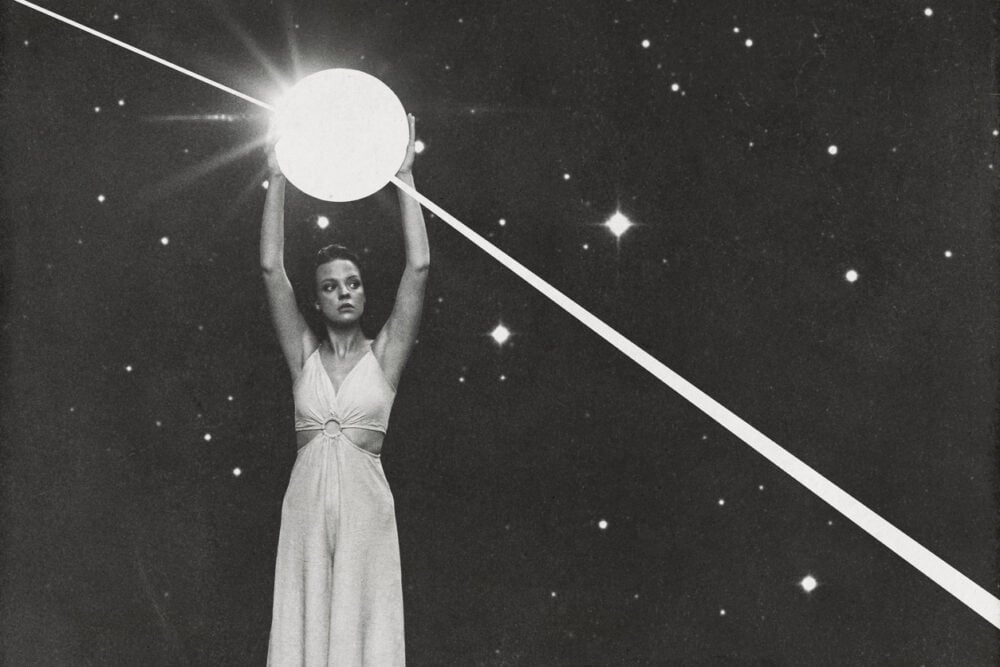
You don’t have to believe in astrology to notice when it’s a little too on point. A full moon hits, and everything feels off. Mercury retrograde rolls around, and your emails glitch, your ex texts, and your travel plans implode. Maybe it’s coincidence. Maybe it’s pattern recognition. Maybe it’s something deeper that language can’t quite explain. But for a system that’s thousands of years old, astrology has a strange way of keeping up with the times.
The stars won’t stop climate collapse or late-stage capitalism. But they might offer a weirdly accurate mirror to what’s unfolding around—and inside—us. Whether it’s collective burnout, personal upheaval, or massive societal shifts, there always seems to be a cosmic transit that lines up with the moment. These 11 astrological patterns won’t fix anything. But if you’ve been feeling the chaos, they might help you name it.
1. Mercury retrograde really does mess with communication and tech.

It’s become a meme at this point—but somehow, every time Mercury goes retrograde, phones break, emails get misread, and arguments erupt over absolutely nothing. Mercury rules communication, transportation, and information. And during its retrograde, all those things seem to go sideways.
Marie-José Al Azzi writes in BBC that psychologists believe Mercury retrograde feels chaotic partly because people expect it to be—so they notice disruptions more. Misunderstandings spike. Delays pile up. The ex you swore you blocked finds a way back into your DMs.
Whether it’s astrological influence or just a collective expectation that becomes self-fulfilling, the disruption is real. If nothing else, it’s a perfect excuse to double-check your calendar, back up your files, and take a breath before replying to that text. Maybe Mercury didn’t cause the chaos—but it sure knew when to show up.
2. Saturn returns hit like a personal reckoning.
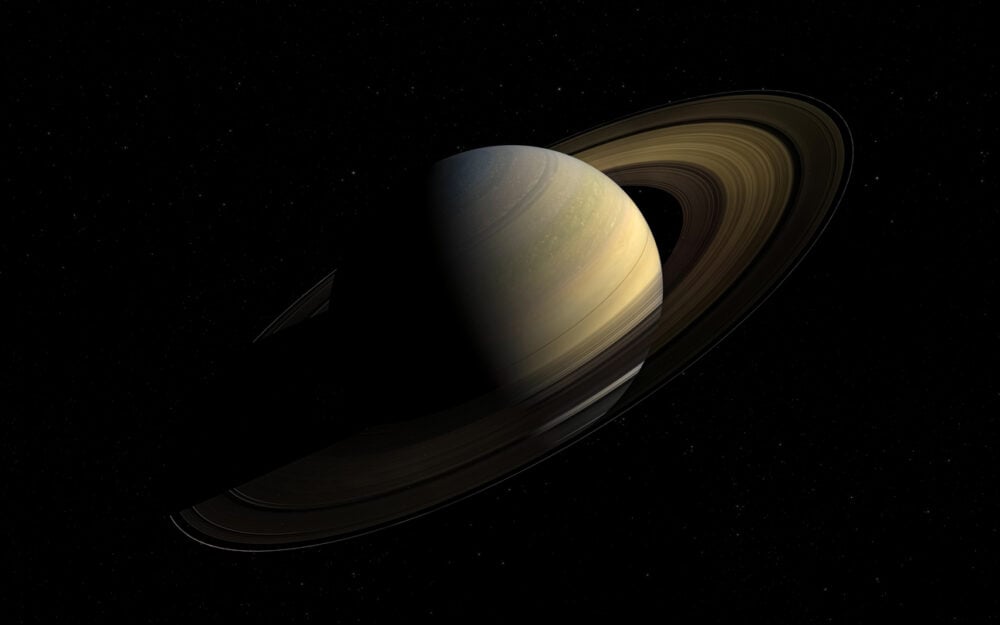
Between ages 28 and 30, most people experience a full-blown life audit. Relationships end. Careers stall. Identities unravel. And just when you think you’ve figured yourself out, something shifts again. Aliza Kelly explains in The Cut that a Saturn return marks the moment Saturn loops back to its original spot in your birth chart—ushering in major personal growth and serious shake-ups.
Saturn is the planet of structure, discipline, and hard lessons. So when it comes back around, it drags out everything you’ve avoided. Suddenly, half-baked plans fall apart. Comfort zones feel suffocating. You’re forced to choose—grow or repeat. It’s brutal, but clarifying. Even if you’ve never opened a birth chart, if your late twenties felt like a spiritual pressure cooker, chances are Saturn was somewhere in the mix.
3. Pluto transits align with massive cultural shifts.

Pluto moves slowly. It can stay in a single sign for over a decade, and its transits tend to coincide with long, sweeping transformations. When Pluto entered Capricorn in 2008, the global financial crisis hit.
Miles Kemo writes in Medium that as Pluto wraps up its time in Capricorn in 2024, it’s pushing us to confront the deep systemic shifts that have been building for over a decade. Pluto represents power, death, rebirth, and the unconscious.
Its influence tends to feel generational rather than personal, and it rarely arrives gently. It exposes rot. Forces reckonings. Ends things so new structures can emerge. It’s not just change—it’s irreversible transformation. Whether you believe in astrology or not, the timeline is hard to ignore. Every time Pluto shifts signs, the world seems to shift with it.
4. Full moons really do amplify emotional energy.

People love to mock the idea that the moon affects human behavior—but ask any teacher, ER nurse, or bartender and they’ll tell you: something’s always off during a full moon. It’s not just superstition. The moon governs tides, and we’re mostly water. Maybe it’s not that far-fetched to think it stirs things in us, too.
Astrologically, full moons represent release, culmination, and heightened awareness. Emotions spike. Sleep gets weird. Fights happen over small things that were already simmering. Even if you don’t track lunar cycles, you’ve probably felt the edge they bring. It’s not a coincidence that full moons are linked to dramatic turning points in astrology. They shed light—sometimes more than we’re ready for.
5. Eclipses show up right when life flips.
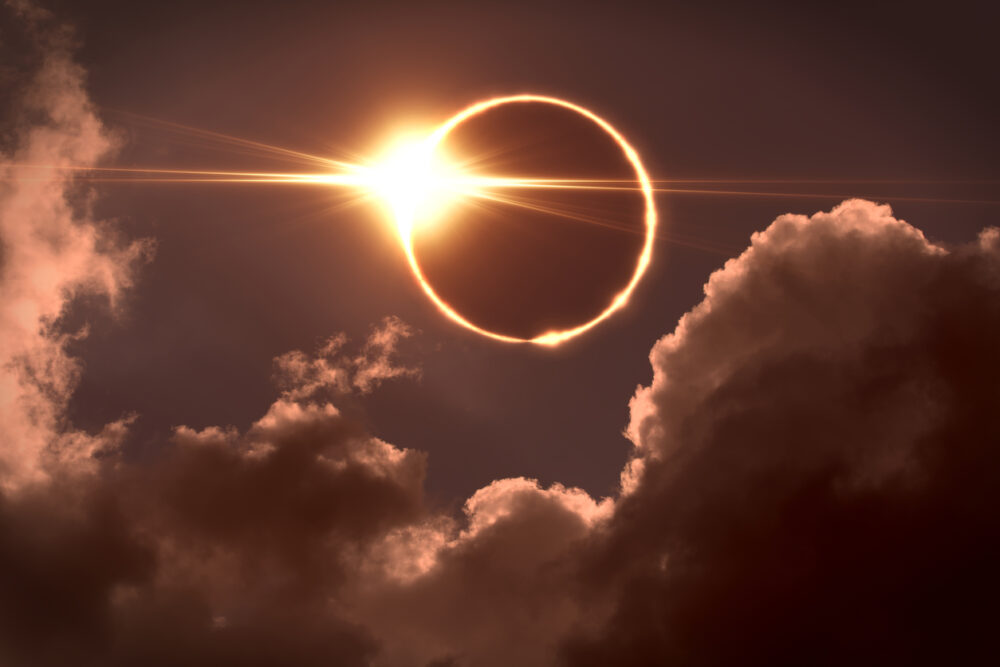
Eclipse season tends to hit like a plot twist. Things break down. Secrets surface. Major decisions get made—sometimes without your full consent. In astrology, eclipses are agents of sudden change. Solar eclipses spark beginnings. Lunar eclipses mark endings. And both tend to accelerate whatever’s already been bubbling under the surface. They often arrive in pairs or clusters and seem to bring fated energy. The job you were about to quit fires you first. The relationship you weren’t sure about collapses overnight.
It’s not always bad, but it is usually dramatic. Eclipses aren’t gentle nudges—they’re cosmic shoves. And while the change they bring can feel jarring, it often clears out what wasn’t sustainable to begin with.
6. Uranus transits tend to break what’s no longer working.

Uranus is the planet of disruption, innovation, and sudden change. It doesn’t nudge—it shocks. And when it hits your chart in a big way, things fall apart fast. Relationships, jobs, identities, routines—anything rigid or outdated is fair game. It’s not always destruction for the sake of chaos, though. Uranus breaks what’s stuck so something freer can emerge. Collectively, Uranus transits line up with technological leaps and political revolutions. Personally, they feel like waking up one day and realizing nothing fits anymore.
You outgrow your life overnight. Or life grows out of you. It’s unsettling, but also electrifying. If your world’s been feeling like a shaken snow globe lately, check where Uranus is sitting. It doesn’t offer comfort, but it does offer truth.
7. Neptune clouds clarity when you need it most.

Neptune governs dreams, illusions, and the subconscious. When it touches your chart, things get hazy. You might romanticize a toxic relationship, misjudge a career move, or lose yourself in distraction. It’s not malicious—just foggy.
You don’t see things as they are. You see what you want them to be. During big Neptune transits, people often feel disoriented. Life loses shape. Boundaries blur. Reality feels like a suggestion. That’s not necessarily bad—it’s also when spiritual insights, creative breakthroughs, and deep healing can emerge. But it comes with a warning: don’t make big decisions when the fog rolls in. Wait for the mist to clear. Neptune doesn’t lie, exactly. It just softens the edges until you forget where they were.
8. Jupiter amplifies everything—for better or worse.
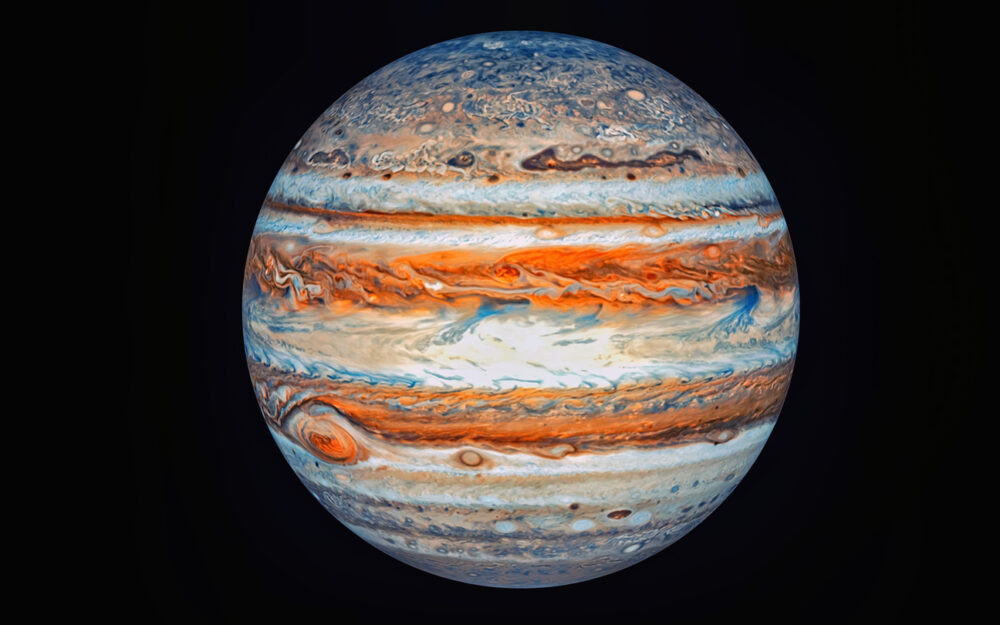
Jupiter is often called the planet of luck and expansion. It tends to bring growth, optimism, and opportunity. But it also inflates whatever it touches. If things are going well, they go even better. If things are falling apart, Jupiter can accelerate the collapse. It doesn’t discriminate—it just magnifies.
During a Jupiter transit, you might feel bolder, more ambitious, even a little reckless. That’s because Jupiter encourages risk. Sometimes that leads to breakthroughs. Other times, it leads to overcommitment, burnout, or impulsive choices that spiral fast. Jupiter wants you to believe in something bigger—but it helps to stay grounded. Otherwise, you’ll wake up surrounded by half-built dreams and no idea how to sustain them.
9. Mars retrograde stirs up old fights and internal burnout.

Mars is all about drive, action, and confrontation. When it goes retrograde, that energy turns inward—and often gets stuck. You might feel like you’re spinning your wheels, exhausted but unable to stop. Resentment bubbles up. Old arguments resurface. Passive-aggression replaces momentum. It’s not pretty.
Mars retrograde can be deeply frustrating. You want to act, but can’t. Or you act impulsively and regret it. It’s a time when motivation dips and conflict spikes, often at the same time. Things you thought were resolved come back louder.
Your energy doesn’t know where to go, so it turns into tension, snark, or stagnation. The best move? Don’t force clarity. Let things simmer. When Mars goes direct, you’ll know exactly what was worth the fight.
10. Chiron transits force you to feel what you skipped.

Chiron isn’t a planet—it’s a minor celestial body, often called the “wounded healer.” In astrology, it represents your core emotional wounds and the long arc of learning to live with them. When Chiron makes a major transit, unresolved pain tends to surface. Not to punish you, but to be seen.
This isn’t pain that’s new. It’s old grief. Childhood insecurity. Patterns you thought you grew out of but still carry in quieter forms. Chiron doesn’t demand a fix. It asks for acknowledgment. And while its lessons can be uncomfortable, they also mark the beginning of deep self-acceptance. You don’t come out of a Chiron transit with everything healed. But you come out with a clearer sense of how to hold what hurts without letting it define you.
11. Your rising sign tends to shape your actual life more than your sun.
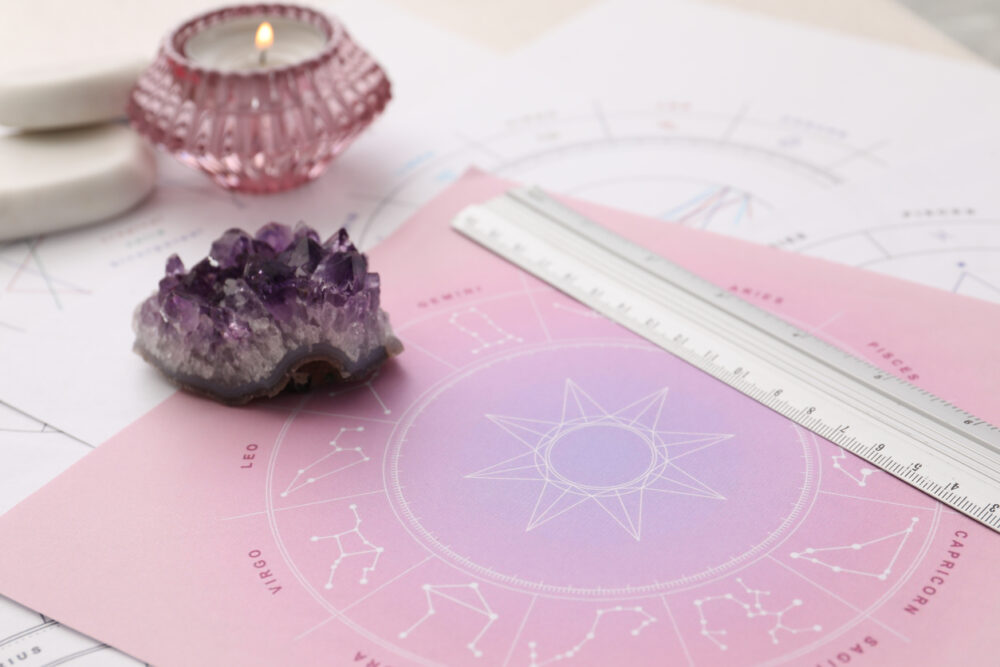
Most people know their sun sign—it’s the one in horoscopes, birthdays, and memes. But astrologers often look to the rising sign to understand someone’s real-world identity. It sets the stage for your entire birth chart and represents how you move through life. It colors first impressions, style, pacing, and how others experience you. What’s uncanny is how often people’s lives follow the narrative arc of their rising sign. Aries risings rush toward reinvention.
Capricorn risings build legacy from scratch. Pisces risings dissolve boundaries just by walking into a room. You might identify with your sun sign emotionally, but your rising sign often writes the story everyone else sees. It’s not always dramatic. But once you notice it, it’s hard to unsee. It’s the part of astrology that doesn’t just speak—it shows up.